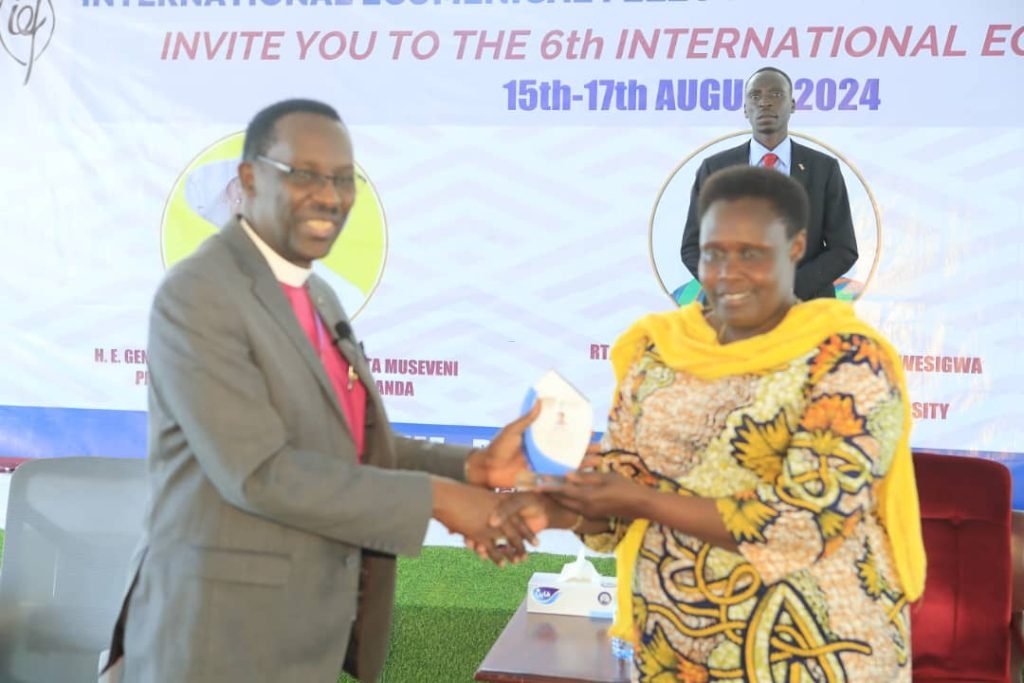Richard Onapatum
MBARARA – President Yoweri Museveni has called on religious leaders to unite in the fight against poverty and underdevelopment, highlighting these as significant challenges faced by the country.
In a speech delivered by Vice President Maj. (Rtd) Jessica Alupo at the conclusion of the 6th International Ecumenical Fellowship (IEF) Conference in Mbarara District, President Museveni emphasized the importance of religious leaders mobilizing their followers to strive for better living standards.
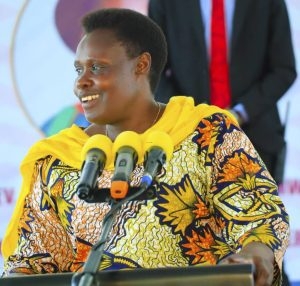
“While working towards heaven, some believers neglect their earthly responsibilities, resulting in poverty within their homes. If we have seen the spiritual light, we must also illuminate our economic lives. We cannot remain in economic darkness while claiming spiritual enlightenment,” said President Museveni.
He underscored that poverty and underdevelopment affect people of all religions and expressed his satisfaction that the conference participants were committed to fostering unity in addressing these universal challenges.
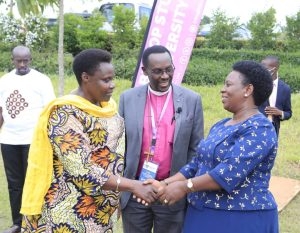
The conference, which drew attendees from Kenya, Rwanda, Burundi, South Sudan, and the United States, focused on the theme “Religion and Development” with a special emphasis on achieving Sustainable Development Goals (SDGs) 1 and 3, aimed at ending poverty and promoting good health and well-being.
President Museveni attributed the persistent poverty and underdevelopment in many least developed countries to the failure to exploit and manage natural resources effectively. Citing the Book of Genesis, he noted that while humanity has successfully fulfilled the command to “multiply and fill the earth,” the directive to “establish dominion over nature” has been largely neglected.
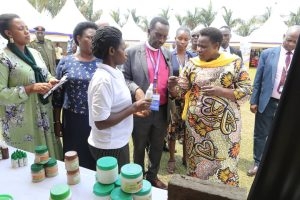
He emphasized that believers must harness their wisdom and knowledge to control and utilize nature for their benefit. “Man should not resign to suffering from preventable afflictions or hardships. We have the capacity to create solutions, whether it’s making a blanket to stay warm or pumping water during a dry season. Unlike animals, humans have the ability to change their circumstances,” Museveni stated.
The President stressed that understanding and mastering nature is essential for overcoming challenges and improving living conditions. He urged religious groups to emphasize the dual mandate of establishing dominion over nature while fulfilling spiritual and physical needs.
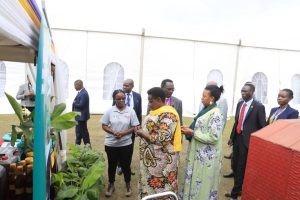
“Churches and mosques cater to people’s spiritual needs, but we must also address physical needs such as food, water, shelter, medicine, education, and employment,” he added.
Museveni pointed out that in a modern economy, access to essential goods and services is dependent on financial means. He encouraged the pursuit of profitable enterprises in commercial agriculture, industries, services, and ICT to create jobs and generate wealth.
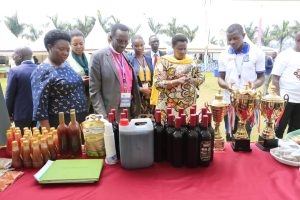
The President assured the nation of the government’s continued commitment to maintaining peace and security, as well as constructing the necessary social and economic infrastructure to attract both local and foreign investments, thereby creating jobs and income opportunities.
He, however, emphasized that this infrastructure must translate into tangible benefits for households, contributing to the nation’s progress towards modernity, development, and political stability.
In conclusion, President Museveni expressed his gratitude to Bishop Sheldon Mwesigwa, President of IEF-Africa, and all the organizers of the conference for facilitating such a significant ecumenical gathering aimed at addressing development and socio-economic transformation.
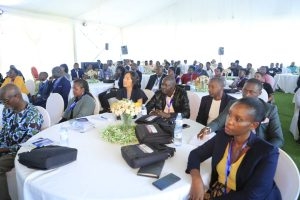
Rt. Rev. Prof. Fred Sheldon Mwesigwa, Bishop of Ankole Diocese and Chancellor of Bishop Stuart University, highlighted that IEF Africa holds conferences every two years, addressing issues of unity in diversity, reconciliation, peace, religion, and development.
This year’s theme, “Religion and Development,” aimed to dispel the notion that religion is solely concerned with spiritual matters by demonstrating its vital role in development through various presentations. Bishop Mwesigwa encouraged believers to embrace the connection between religion and development, noting that religious teachings often intersect with practical aspects of life, such as agriculture, stewardship, and commerce.
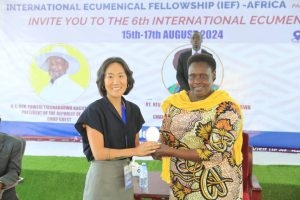
He also urged Christians to reconsider their views on money, pointing out that the Bible contains more verses about money than about love, suggesting that material wealth has a positive role to play in people’s lives.
Bishop Mwesigwa thanked President Museveni, church institutions, government departments, and individuals, including politicians, for their support to the Ankole Diocese. He also requested the President to visit the diocese to observe ongoing development projects, including agricultural ventures, commercial buildings, and educational institutions.
Prof. John Mugisha, Vice Chancellor of Bishop Stuart University and a key organizer of the conference, praised the diverse array of experienced speakers, scholars, and practitioners who shared insights on the intersection of trade, industry, and sustainable development, as well as the government’s efforts in these areas.
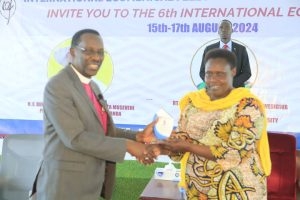
Vice President Alupo, delivering her own remarks, conveyed warm greetings from President Museveni and the First Lady, Janet Museveni, who also serves as the Minister of Education and Sports. She assured Bishop Mwesigwa that all his requests, including funding for diocesan projects and the President’s visit to the area, would be communicated to President Museveni, who is set to begin a nationwide tour next month.


